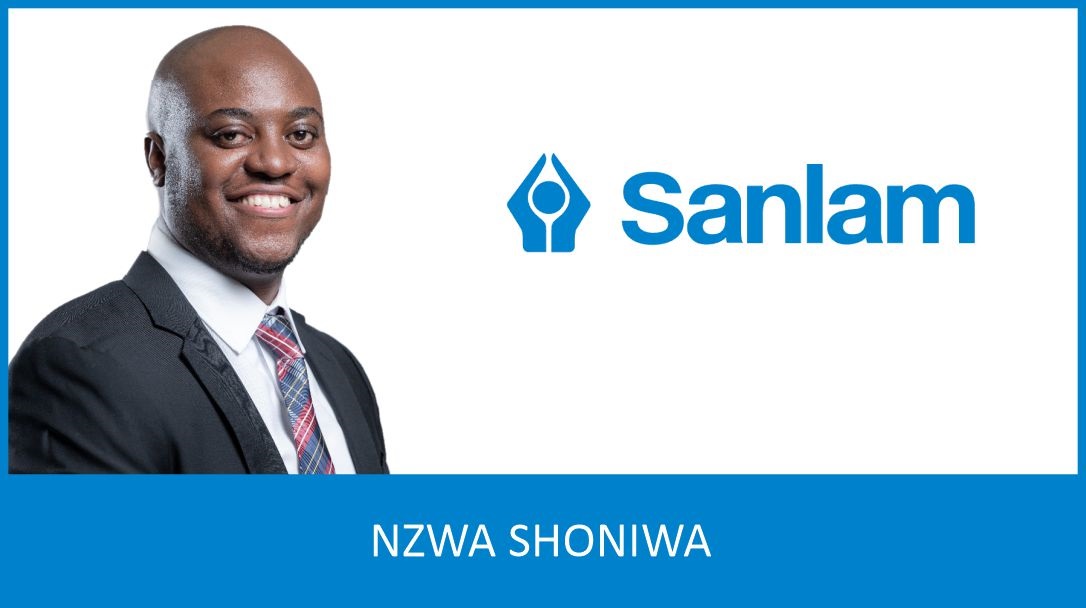Nzwa Shoniwa, Managing Executive: Sanlam Umbrella Solutions at Sanlam Corporate
South Africa’s small, medium and micro enterprises (SMMEs) employ between 50% and 60% of the national workforce and contribute over a third of GDP (dtic, World Bank) – yet fewer than 10% of employees in micro and small enterprises have access to a formal retirement scheme (ASISA). This gap leaves millions of workers vulnerable to old-age poverty and creates significant risks for households, the economy, and long-term growth.
Nzwa Shoniwa, Managing Executive: Sanlam Umbrella Solutions at Sanlam Corporate, says SMMEs are where most new jobs will be created, yet the majority of SMME employees are heading to retirement with low or no savings. “Without urgent action, we are building the next generation of old-age poverty – and that affects everyone: families, communities, and the broader economy. It also reduces the potential for families to build and sustain wealth over generations.”
The stats
- Low coverage: Fewer than 10% of employees in micro and small enterprises are on formal retirement funds (ASISA).
- Informal employment: Around 17–18% of South Africa’s workforce is employed informally (Stats SA), where employee benefits are almost non-existent.
- Intergenerational strain: Millions heading into retirement without savings rely heavily on the state’s old-age grant, which already supports over 66% of older South Africans (Stats SA GHS), placing financial pressure on younger generations.
- Economic risks: Retirees without adequate income reduce household consumption, limit national savings, and increase fiscal pressure (National Treasury).
Financial inclusion for informal and SMME employees
Shoniwa says addressing the retirement gap requires creative approaches to reach informal employers and employees, who have historically been difficult to serve:
- Leverage digital solutions: Mobile and online platforms can deliver retirement and benefits products that suit irregular income patterns common in the informal sector (UNDP Policy Brief).
- Build trust through community networks: Partnering with local savings groups, cooperatives, and trade associations can introduce formal benefits to workers already participating in informal saving schemes (FSCA Financial Inclusion Strategy).
- Offer flexible, micro-benefit products: Tailored schemes allow small contributions, frequent access, and simple enrollment to match variable cash flow patterns.
- Education and awareness: Financial literacy programs help employers and employees understand the value of retirement planning and the long-term benefits of participation (Sciendo Journal).
Umbrella funds – a single retirement fund that multiple employers and employees can join – remain a practical tool within this broader strategy, providing affordable, portable, and compliant retirement options for businesses that are ready to engage.
“We can’t rely on one solution alone,” says Shoniwa. “To make meaningful strides, we need to combine financial inclusion, digital access, education, and flexible solutions so that even informal employers can offer their people the chance to save for retirement.”
Why this matters now
SMMEs are central to South Africa’s economic future. As larger corporates automate and consolidate, SMMEs are expected to generate the majority of new employment. Ensuring employees in this sector have access to retirement and employee benefits is critical for long-term resilience and intergenerational wealth creation.
Failing to act now risks a workforce entering retirement with insufficient savings, increasing reliance on state support, and undermining national economic stability. Addressing this gap is not just a social imperative – it is an economic one.
Call to action: join the conversation
Sanlam Corporate will spotlight this issue at the upcoming Sanlam x Santam SMME Day, a practical programme designed to help small businesses strengthen risk resilience, funding readiness, and growth, while exploring ways to extend employee benefits to all workers, including those in the informal sector.
“Closing the retirement gap is not just about the future – it is about building stronger, more confident businesses today,” says Shoniwa.
ENDS

























































































